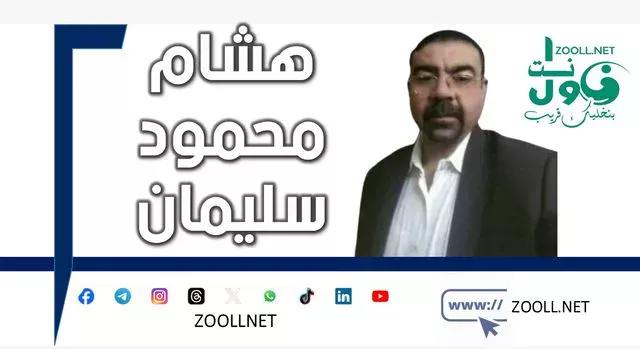Humanitarian Aid Commission in Gedaref State declared its missing roles and tasks – ✍️ Hisham Mahmoud Suleiman.. Former Secretary General of the Human Rights Commission

The Humanitarian Aid Commission in Gedaref State represents one of the fundamental pillars of the humanitarian response system, especially in light of the recurring crises hitting the state, ranging from conflicts to natural disasters, despite the great efforts deployed by the Commission to coordinate humanitarian operations. , he lacks roles that limit his effectiveness in achieving his goals.
First, I will discuss the stated roles of the Commission:
The Commission strives to implement several vital humanitarian tasks, the most important of which are:
A. Organization of humanitarian work
The Commission is responsible for coordinating efforts between local and international voluntary organizations to ensure that aid is provided equitably and to avoid overlap or duplication of support.
2. Aid management and distribution
UNHCR oversees the storage and distribution of relief supplies, including food and medical supplies, to communities affected by conflict or disaster.
3. Issuance of permits and performance monitoring. The Commission monitors the licensing of humanitarian organizations and works to monitor their performance to ensure compliance with local laws and humanitarian standards.
4. Monitoring needs in the field
The Commission relies on the collection and analysis of data to identify the most affected areas and set intervention priorities.
Second, the missing roles of the Commission:
Despite these tasks, the Commission should have played many roles to increase its effectiveness, but they remain absent or poorly implemented.
1. Lack of sustainable development strategies. The Commission focuses on providing emergency aid without working to promote long-term solutions such as supporting small agricultural projects and improving infrastructure in rural communities.
2. Weak management of urgent crises
UNHCR's work suffers from slow response to sudden crises such as floods or mass displacement due to a lack of qualified human resources and necessary equipment.
3. Insufficient transparency and accountability. There is a glaring absence of a system for beneficiary communities to monitor UNHCR's performance or verify the fairness of aid distribution.
4. Neglecting to strengthen the capacities of local managers. The Commission does not pay enough attention to training communities to deal with crises independently, leading to continued total dependence on foreign aid.
5. Weak partnerships with the private sector. Lack of initiatives to cooperate with the private sector to provide additional financing or innovative solutions to support humanitarian work.
Third: Challenges affecting performance:
There are interrelated challenges hampering the work of the Commission, the most notable of which are:
1. Difficulties in travel and access to remote areas The rugged terrain and lack of paved roads make it difficult for UNHCR staff to reach some rural communities, particularly during the rainy season.
2. Low funding, as UNHCR relies heavily on international funding, which can be affected by global political and economic fluctuations, limiting the continuity of humanitarian programs.
3. Institutional overlap
Conflicting roles between government agencies and non-governmental organizations lead to obstruction of joint work and slowdown in project implementation.
Fourth, what is the role required:-
In order for the Commission to have a greater impact in Gedaref State, there is an urgent need to adopt new roles and activate other neglected roles:-
1. Launch sustainable development programs. The Commission must move towards supporting projects that strengthen autonomy, such as the provision of agricultural production tools and the training of young people in crafts.
2. Accelerate emergency responses
This requires improving personnel readiness and preparing the necessary vehicles and equipment for rapid access to affected areas.
3. Improve transparency and create a transparent mechanism to monitor aid distribution that allows affected communities to submit complaints and proposals to improve performance.
4. Openness to local partnerships and collaboration with the private sector and community initiatives to provide additional resources and support sustainability
5. Use technology and adopt advanced digital techniques to track needs
Finally, the Humanitarian Aid Commission in Gedaref State must reconsider its role to go beyond providing emergency assistance and transform itself into an institution capable of supporting development and building sustainability. By activating missing roles and strengthening cooperation with all parties, the Commission can contribute more. to improve the reality of affected communities.





